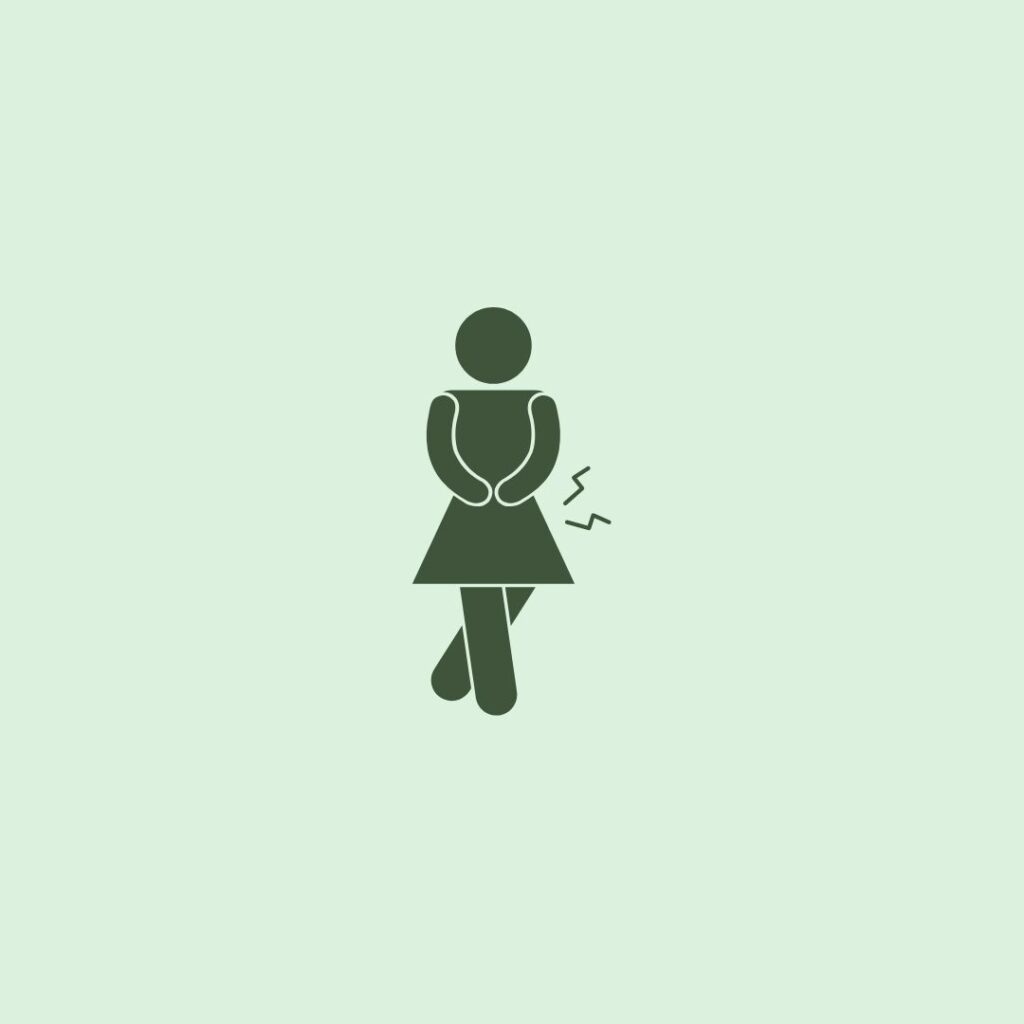Summer Yeast Infections: Burning Like House of the Dragon?

Summer is in full swing, and while we all love the sunshine and beach days, there’s a less glamorous side to the season that we need to talk about: yeast infections. Yes, those pesky, uncomfortable infections that can make your life feel like a scene from House of the Dragon, with your pee being the dragon fire. But don’t worry; we’re here to help you navigate through this fiery ordeal.
What Causes Yeast Infections in the Summer?
Yeast infections are caused by an overgrowth of a fungus called Candida, which naturally lives in our bodies. Although yeast infections affect the vagina, they are not the same as an STD or STI. When the balance of bacteria and yeast in your vagina is disrupted, Candida can multiply and cause an infection. Here are some common reasons why you may be more likely to get a summer yeast infection:
Sweaty Gym Clothes: Sure, workouts are already hot, but with the summer heatwaves, every yoga class is a HOT yoga class. Staying in your cute workout set for too long creates a warm, moist environment for yeast to thrive.

Wet Swimsuits: Whether you’re at the beach or at the pool, lounging in your wet bathing suit in the sun for too long can also increase your risk of getting a yeast infection.
Tight Clothing: Those jean shorts might be stylish, but tight clothing can trap moisture and heat, leading to an increase in yeast infections. Maybe opt for something light and flowy to finish off this summer and give your vagina some room to breathe!
Antibiotics: Did you get a summer sickness that required a trip to the doctor and some antibiotics? You might not know this, but antibiotics can kill the good bacteria that keep yeast in check, so this could be the cause for your symptoms.
Hormonal Changes: Pregnancy, birth control pills, and menstrual cycles can all affect your body’s balance. If you’ve noticed symptoms of a yeast infection following these hormonal changes, they could be the cause!
Symptoms of a Yeast Infection
How do you know you have a yeast infection?

If you think you might have a yeast infection, here are some common symptoms to look out for:
- Itching and irritation in the vagina and vulva
- A burning sensation, especially during intercourse or while urinating
- Redness and swelling of the vulva
- Vaginal pain and soreness
- A thick, white, odorless discharge with a cottage cheese-like appearance
Tips to Prevent Yeast Infections in the Summer
Preventing a yeast infection is all about keeping things dry and balanced. Here are some tips to help you out when you’re fighting the summer heat that causes yeast infections:
Change Out of Wet Clothes: Always change out of your wet swimsuit or sweaty gym clothes as soon as possible.
Wear Breathable Fabrics: Opt for cotton underwear and loose-fitting clothes to keep your lady parts cool and dry.
Practice Good Hygiene: Wash your vaginal area with water and mild, unscented soap, and always wipe from front to back.
Avoid Douches and Scented Products: These can disrupt the natural balance of bacteria in your vagina.
Eat a Balanced Diet: Probiotics found in yogurt and fermented foods can help maintain healthy bacteria levels.
How to Treat a Yeast Infection
If you do end up with a yeast infection, don’t panic. Most infections can be treated with over-the-counter antifungal creams or suppositories. Here are some steps to follow:
Over-the-counter treatments: Look for antifungal creams or suppositories that contain miconazole or clotrimazole. Miconazole and clotrimazole are antifungal medications specifically designed to target and eliminate the Candida fungus, which causes yeast infections.
See a Doctor: If it’s your first yeast infection or over-the-counter treatments don’t work, make an appointment with your healthcare provider.
Avoid Irritants: If you do have a yeast infection, you may have to stop some of your favorite summer activities for a bit. This means staying away from hot tubs, tight clothing, and anything else that could irritate the area until you’re healed.
When to Seek Professional Help
While yeast infections are usually not serious, there are times when you should seek medical advice:
- If you have frequent yeast infections (four or more a year).
- When over-the-counter treatments don’t work
- You’re pregnant
- If you’re not sure if it’s a yeast infection
Remember, yeast infections are common and nothing to be ashamed of. Summer yeast infections are even more common due to the heat and humidity often accompanying summer activities! By staying mindful of the causes and taking preventive steps, you can enjoy your summer without the burn.
Stay cool and take care!
Want to keep reading about women’s health and more? Check out our blog.
Have a more specific question? Visit our chatbot for answers!

